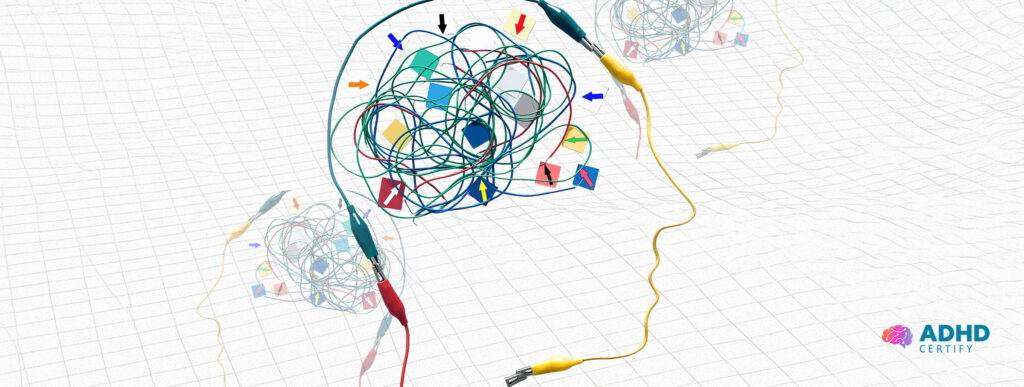NHS ADHD Services Shut Out New Patients as Crisis Deepens
England is facing an unprecedented crisis in adult ADHD care, with NHS clinics closing their doors to new referrals and thousands left stranded on interminable waiting lists.
A hard-hitting BBC investigation conducted by Vicki Loader, Nick Triggle, and Catherine Burns , published on 6 November 2025 reveals that in a shocking turn, 15 local specialist services have halted new patient referrals altogether, while another 31 trusts have tightened access to care, leaving countless adults with ADHD nowhere to turn.
As demand for diagnosis and support skyrockets, the NHS system is buckling under pressure.
Some desperate patients report waiting up to eight years for an assessment, a delay that experts slam as “disturbing” and laden with “enormous risks” to mental wellbeing and daily functioning.
The Human Toll: Dreams Put on Ice
A mum from Derbyshire saw her hopes dashed after spending two years on a waiting list, only to be suddenly dropped when her local NHS trust shuttered its intake.
“I can’t understand why a national health service isn’t across the whole nation, Derbyshire Mum, describing years of struggle, missed jobs, and a life on pause. She is just one of thousands whose futures are slipping away as NHS rationing intensifies.
Specialists warn that being denied support can trigger a downward spiral: anxiety, depression, substance misuse, unemployment, and even brushes with the criminal justice system.
For a deeper understanding of how ADHD signs and symptoms can manifest, especially in those often missed or unsupported, see our complete checklist of ADHD signs in women.
The New Reality: Many Locked Out, Few Find Help
Reporters uncovered 59 services, most of England’s specialist clinics, scrambling to cope with a surge in demand. Areas like Cheshire have refused new ADHD adult patients since 2019; Coventry and Warwickshire face legal challenges for restricting assessments to people under 25. Most regions offer little hope, unless patients can afford to go private or use the “right to choose” loophole, an option many don’t even know exists.
Some areas are trialling radical solutions: Surrey’s NHS is now partnering with private GPs to cut the backlog, a move seen as bold but controversial.
Diagnosis: “Transformed My Life”, But Only for the Lucky Few
Those who navigate the tangled diagnosis maze report huge changes. Sam Stone reports battling for years, forced to pay privately when NHS waits stretched endlessly.
“It feels like you’re constantly trying to hack the system.”
For patients like Sam, access to proper ADHD treatment was life-changing: years of depression lifted, work and relationships rebounded, and hope returned.
Yet for most, the system feels broken, an “unacceptable lottery” where hopefuls are left holding applications in despair.
Looking Ahead: Policy Overhaul or Permanent Crisis?
The NHS taskforce is now calling for a systemic overhaul, urging better collaboration between GP, mental health, education, and justice sectors.
The focus: getting more professionals trained and involved and ending decades of neglect and exclusion. But for now, the gap between demand and reality remains, and patients suffer from the consequences.
Is There Any Way Forward?
With NHS services closing doors, many are forced to seek private alternatives, advocacy, or new routes to diagnosis and treatment. For those lost in the system, options like ADHD Certify may offer a lifeline, providing quicker access, compassionate and same week assessments, and also support when hope feels gone.
But the wider crisis demands more: urgent reform, real investment, and a commitment to those whose lives depend on it.
If you or someone you know is struggling to access NHS ADHD assessment, don’t give up; new solutions are emerging, and your voice matters.
Share your story. Demand change. The future of ADHD care in England hangs in the balance.




